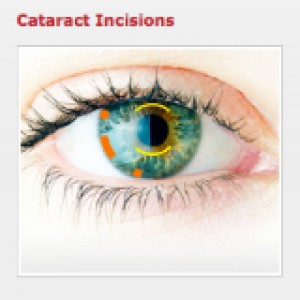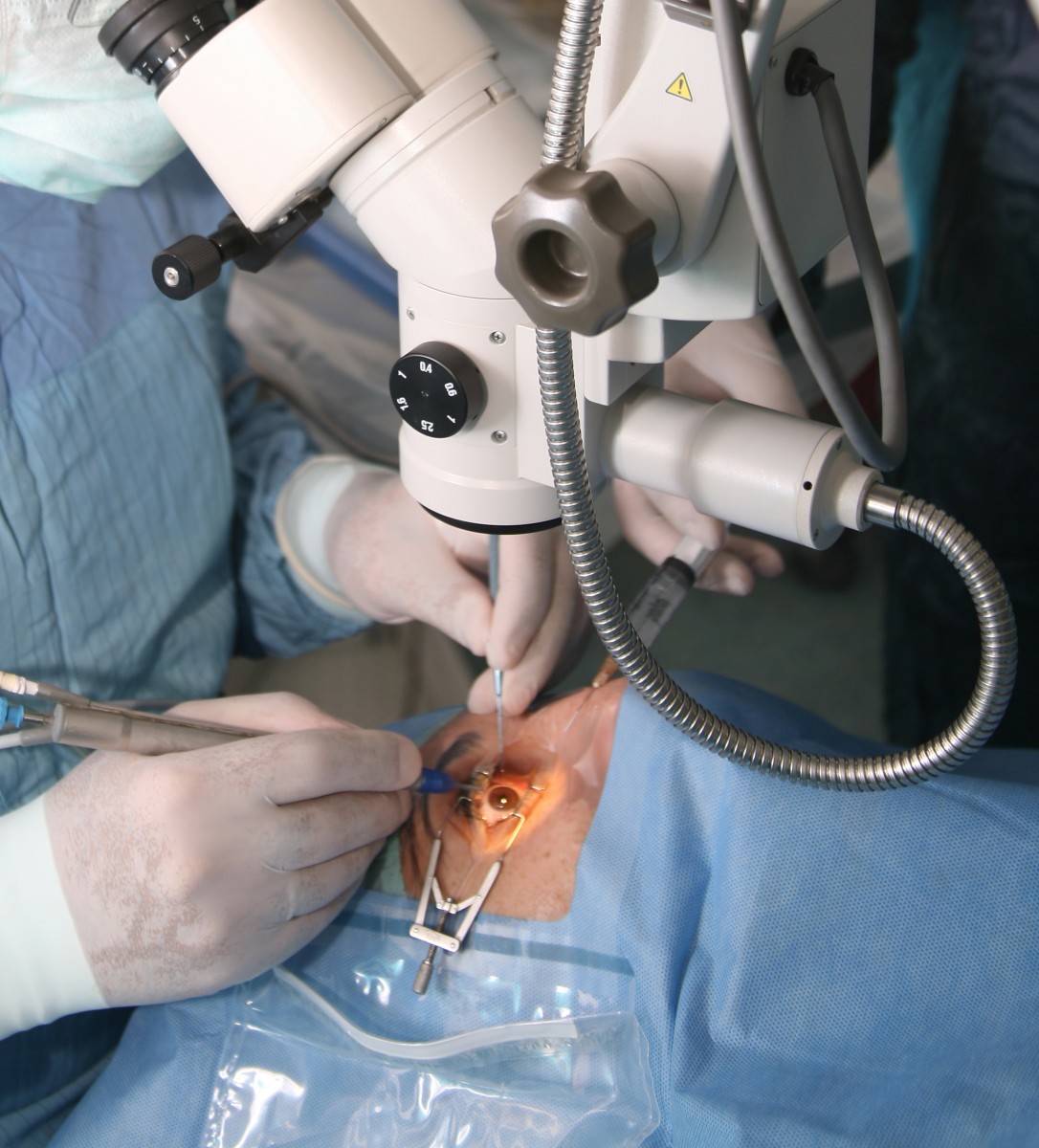 Researchers from the University of British Columbia (UBC) in Vancouver, Canada found that taking a statin drug such as Lipitor to lower cholesterol may increase a patient’s risk of developing cataracts. The study entitled, “Statin Use and Risk for Cataract: A Nested Case-Control Study of 2 Populations in Canada and the United States,” aimed to further understand the effect of statin use on the risk of cataract and need for surgical intervention in two North American populations. The study’s findings were published in the Canadian Journal of Cardiology.
Researchers from the University of British Columbia (UBC) in Vancouver, Canada found that taking a statin drug such as Lipitor to lower cholesterol may increase a patient’s risk of developing cataracts. The study entitled, “Statin Use and Risk for Cataract: A Nested Case-Control Study of 2 Populations in Canada and the United States,” aimed to further understand the effect of statin use on the risk of cataract and need for surgical intervention in two North American populations. The study’s findings were published in the Canadian Journal of Cardiology.
Background Terminology:
- Cataracts: a clouding of the lens in the eye that affects vision.
- Statins: Statins are drugs that can lower your cholesterol by blocking a substance your body needs to produce cholesterol. Examples include Lipitor, Zocor, Mevacor, and Crestor.
- Risk Ratio (RR): is the ratio of the probability of an event occurring in an exposed group to the probability of the event occurring in a comparison, non-exposed group.
In this study, researchers utilized data from the British Columbia Ministry of Health database from 2000 to 2007 and the IMS LifeLink U.S. database from 2001 to 2011. From these datasets, researchers identified more than 207,000 adults with cataracts and more than 1.1 million without them.
After doing a comparative analysis between the two groups, the investigators observed:
- The RR between the two groups was statistically significant for both the Canadian and US patient data.
- For Canadian patients, those who took statins for at least a year had about a 27 percent increased risk of developing cataracts that needed surgery, compared with people not taking statins.
- For US patients, those who took statins for at least a year had about a 7 percent increased risk of developing cataracts that needed surgery compared with people not taking statins.
In a statement explaining the importance of these results, Dr. John Mancini, MD of the Department of Medicine, Faculty of Medicine, UBC and lead study investigator said “The benefits of statins are far outweighed by any small risk for cataract surgery. However, the indication for statin use should be solid from the outset and fully understood by patients.”
Dr. Mancini added that, “This study can’t prove that statins cause cataracts and that careful observations in clinical trials are needed to support or refute this association.”
In a press interview about this study, Dr. Mark Fromer MD, an ophthalmologist at Lenox Hill Hospital in New York City, said, “In one’s lifetime, the chance of developing a cataract is 100 percent. The goal is we want to keep you alive long enough to get one and that’s where statins come in. Statins increase the length of life by decreasing strokes and heart attacks. Cataracts can be treated with surgery that is “quick, painless and 99.9 percent successful. So, since you are going to get a cataract anyway, you might as well take your statin — it’s in your best interest.”
This sentiment was shared by authors of an accompanying editorial entitled “Doctor My Eyes: A Statin-Cataract Connection,” in which Steven Gryn, MD, FRCPC, and Robert A. Hegele, MD, FRCPC, of the Department of Medicine, Schulich School of Medicine and Dentistry, Western University, London, Ontario, Canada, wrote “Any medication that has beneficial effects has potential adverse effects; weighing the benefits against the risks is an integral part of the informed consent process, and is central to any decision to initiate treatment. Among patients who are at high cardiovascular disease risk, like most of those seen by cardiologists, the prevention of cardiovascular disease, stroke, and their associated morbidity and mortality vastly outweighs the risk of cataracts. Even among lower risk patients, for whom the benefit-risk ratio is less dramatic, most patients would still probably prefer having to undergo earlier non-life-threatening cataract surgery over suffering a major vascular event.”


